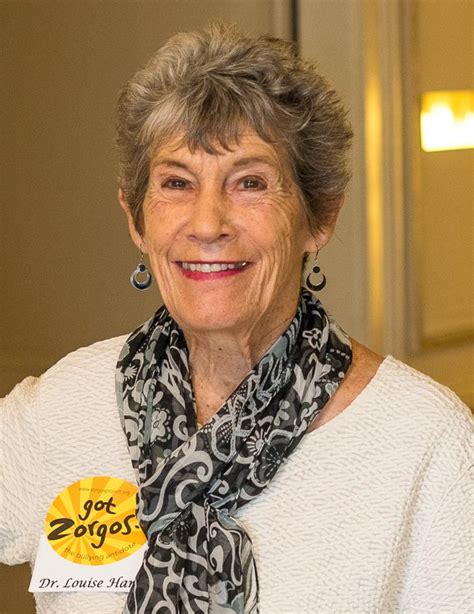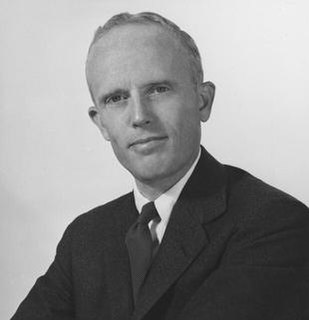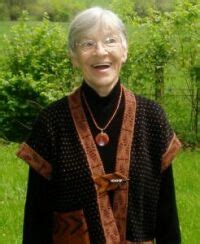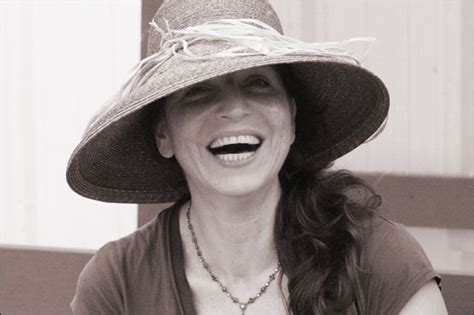A Quote by N. T. Wright
We have traditionally thought of knowing in terms of subject and object and have struggled to attain objectivity by detaching our subjectivity. It can't be done, and one of the achievements of postmodernity is to demonstrate that. What we are called to, and what in the resurrection we are equipped for, is a knowing in which we are involved as subjects but as self-giving, not as self-seeking, subjects: in other words, a knowing that is a form of love.
Related Quotes
History is for human self-knowledge. Knowing yourself means knowing, first, what it is to be a person; secondly, knowing what it is to be the kind of person you are; and thirdly, knowing what it is to be the person you are and nobody else is. Knowing yourself means knowing what you can do; and since nobody knows what they can do until they try, the only clue to what man can do is what man has done. The value of history, then, is that it teaches us what man has done and thus what man is.
Self-esteem creates natural highs. Knowing that you're lovable helps you to love more. Knowing that you're important helps you to make a difference to to others. Knowing that you are capable empowers you to create more. Knowing that you're valuable and that you have a special place in the universe is a serene spiritual joy in itself.
To know another human being in their essence, you don’t really need to know anything about them - their past, their history, their story. We confuse knowing about with a deeper knowing that is non-conceptual. Knowing about and knowing are totally different modalities. One is concerned with form, the other with the formless. One operates through thought, the other through stillness.
Self-respect cannot be hunted. It cannot be purchased. It is never for sale. It cannot be fabricated out of public relations. It comes to us when we are alone, in quiet moments, in quiet places, when we suddenly realize that, knowing the good, we have done it; knowing the beautiful, we have served it; knowing the truth we have spoken it
Knowing has two poles, and they are always poles apart: carnal knowing, the laying on of hands, the hanging of the fact by head or heels, the measurement of mass and motion, the calibration of brutal blows, the counting of supplies; and spiritual knowing, invisibly felt by the inside self, who is but a fought-over field of distraction, a stage where we recite the monotonous monologue that is our life, a knowing governed by internal tides, by intimations, motives, resolutions, by temptations, secrecy, shame, and pride.
It is one step, and a giant one, to see clearly and participate in the love that flows between the persons of the Trinity, but even here, God is seen as the object of his own love. It is yet another step to realize that God is beyond all subject and object and is Himself love without subject or object. This is the step beyond our highest experiences of love and union, a step in which self is not around to divide, separate, objectify or claim anything for itself. Self does not know God; it cannot love him, and from the beginning has never done so.
Right now you can allow yourself to experience a very simple sense of not knowing - not knowing what or who you are, not knowing what this moment is, not knowing anything. If you give yourself this gift of not knowing and you follow it, a vast spaciousness and mysterious openness dawns within you. Relaxing into not knowing is almost like surrendering into a big, comfortable chair; you just fall into a field of possibility.
It's all about self-discipline. Like, self-obsession is connected completely with self-loathing, and it's the same with, if you've got a weight problem. It's all about... finding some worth in yourself, knowing that you've got the discipline to do it, and knowing that other people maybe can't do it. And it's also, I think, really connected to the fact that you almost feel, like, silent, you have no voice, you're mute, there's just no, you've got no option. Even if you could express yourself nobody would listen anyway. Things that go on inside you, there's no other way to get rid of them.






































